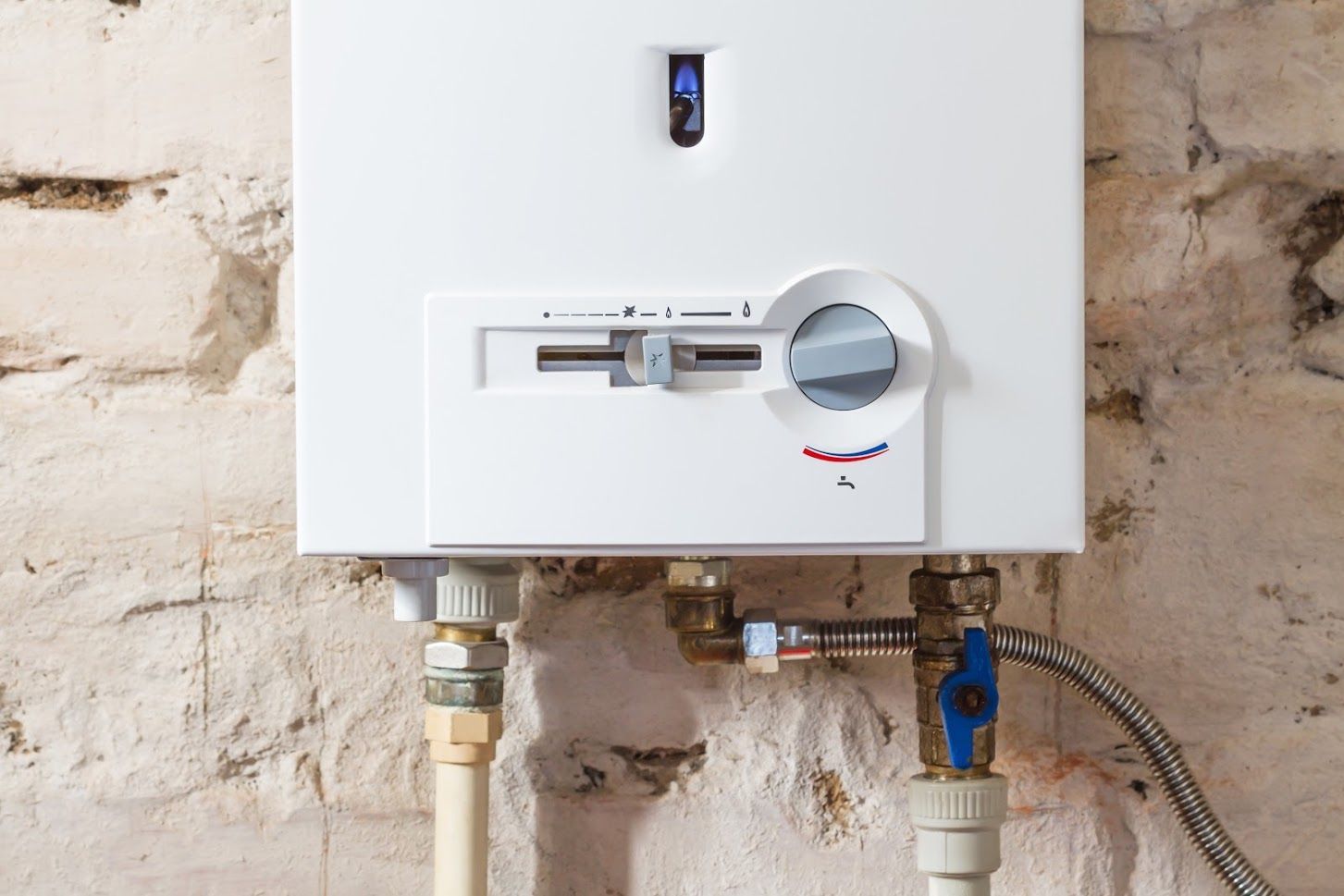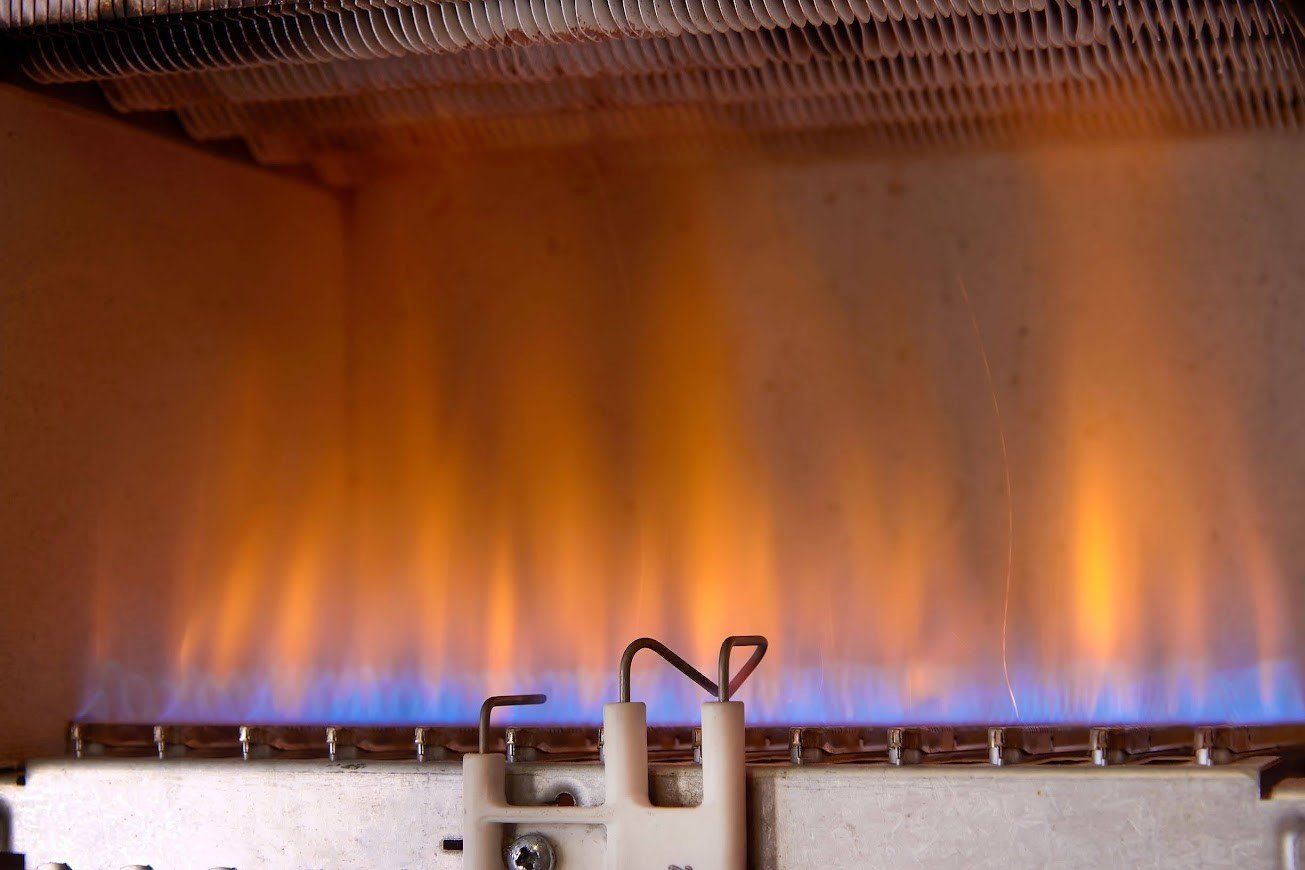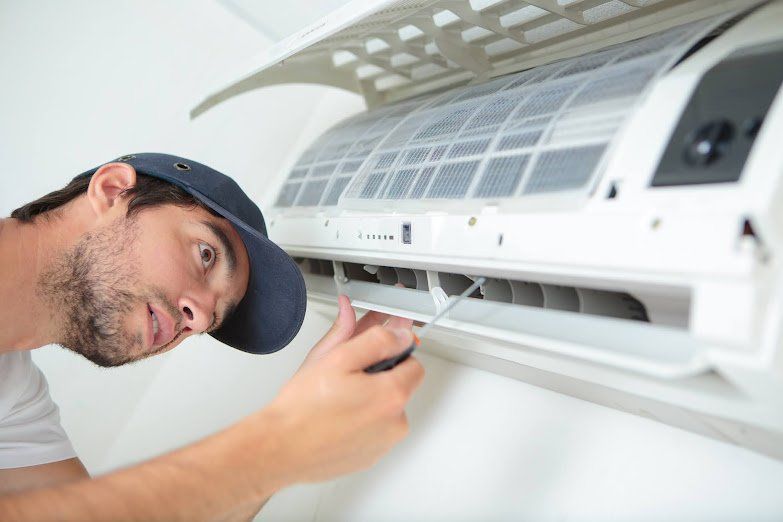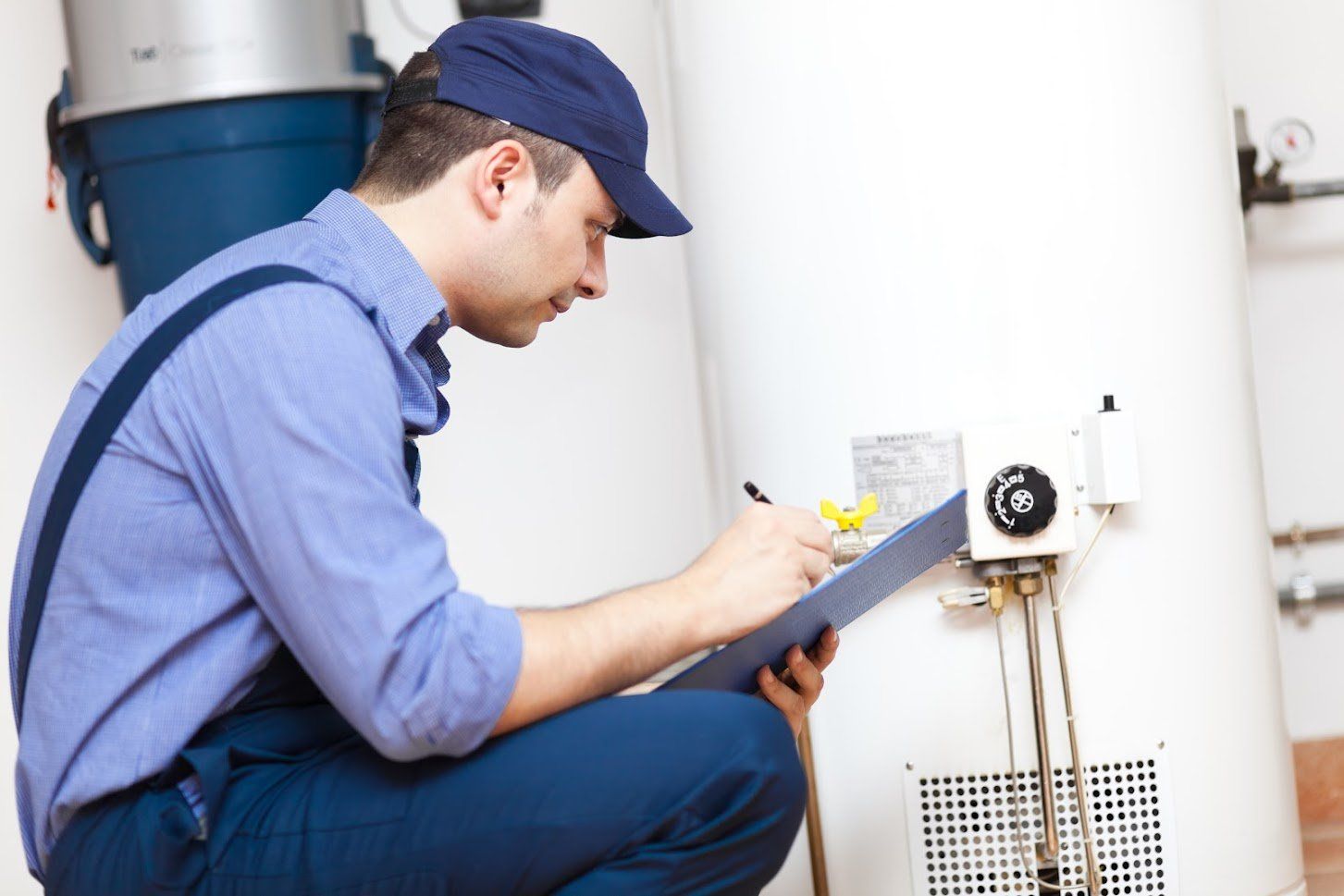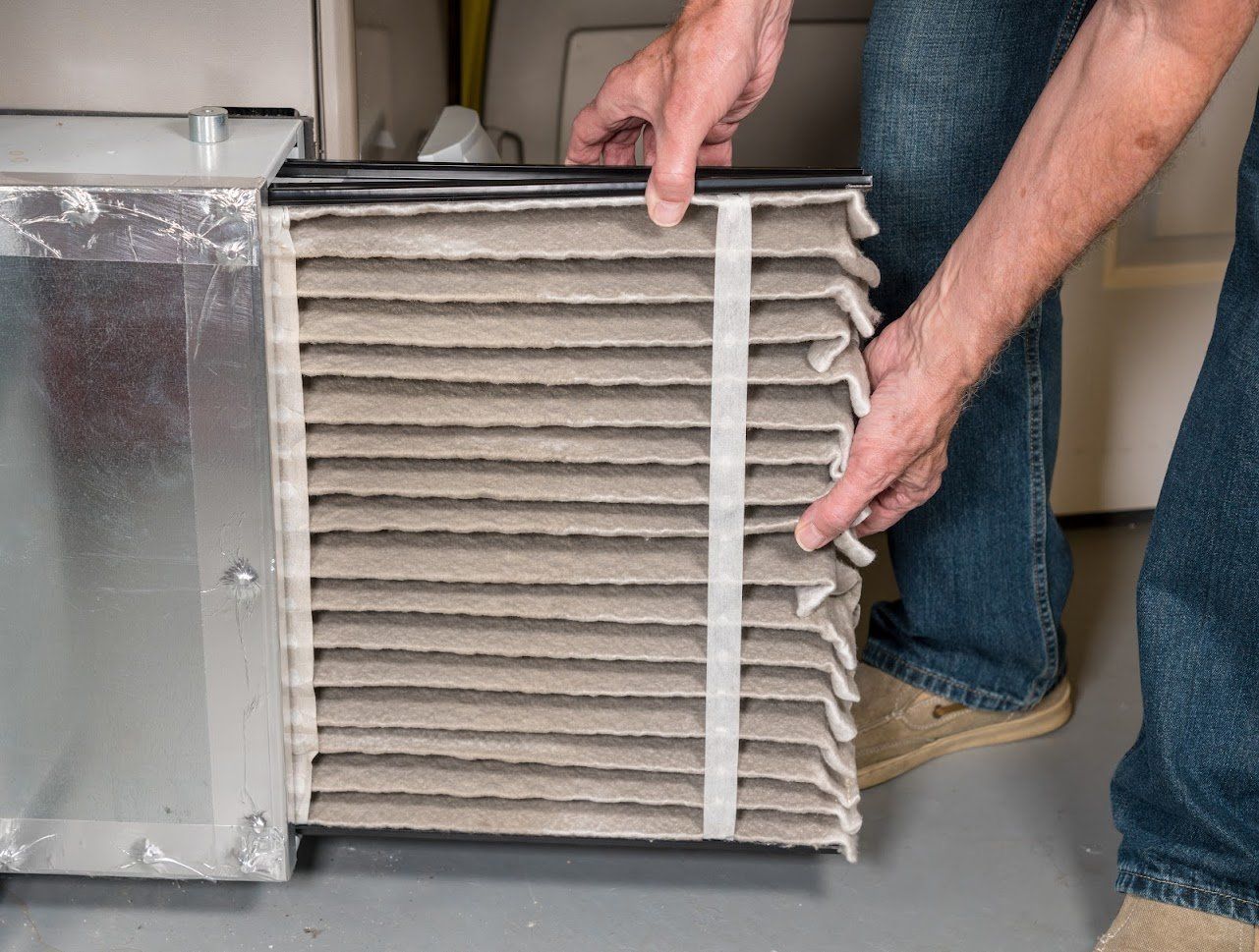5 Tips to Increase the Lifespan of Your HVAC System
The HVAC system helps to maintain consistent temperatures in your home and keep your home comfortable. However, frequent wear and tear can damage the HVAC system and reduce its lifespan. Consider the following tips to make your HVAC system last longer.
1. Schedule Regular HVAC Maintenance
An HVAC professional should tune up, clean, and inspect your HVAC system at least once a year. The maintenance can happen any time of the year, but many homeowners schedule the maintenance sessions in the spring or early fall. The professional will lubricate any moving parts and clean up the condenser.
Other things that the professional might do during the checkup include inspecting and repairing any problems in the heat exchanger and checking the amount of refrigerant in the unit. All of these things will increase the efficiency of your system and make it last longer.
Apart from the HVAC unit, the professional should also inspect the ductwork that connects to the unit. Ducts help circulate air from the HVAC system to various parts of your home.
Unfortunately, the ductwork is prone to leaks that cause a buildup of debris and pollen. Clogged ducts don't circulate all the air generated by the HVAC system. This forces the HVAC unit to work harder and produce more cool or warm air. During the regular checkup, you should ensure the HVAC professional cleans the ductwork.
Also, for the best results you should insulate the ductwork and your walls and basement to prevent the air inside the ductwork from escaping.
2. Get the Right Size of HVAC System
If you need to replace your HVAC unit, don't assume that a similarly-sized unit will be appropriate for your home. Your heating and cooling needs may have changed since you last installed your HVAC unit. If you're not careful, the new HVAC unit may be undersized or oversized, reducing its lifespan.
Hire a professional to take measurements of your home and analyze your energy needs to recommend the appropriate size of the HVAC unit.
3. Use Smart Features
The analog thermostat that has long been a common feature of HVAC units is now often being switched out for more innovative thermostat options. Smart thermostats connect to the internet, allowing homeowners to manage the settings of the HVAC units remotely. Other thermostats can provide weather reports, enabling you to adjust temperature settings accordingly.
Some smart thermostats use advanced software that can learn your heating and cooling preferences over time. The system will then automatically change your temperature settings depending on the local weather. The increased energy efficiency reduces the strain on your HVAC unit. As a result, the rate of wear and tear is slower.
4. Change the Air Filter Frequently
HVAC filters trap airborne bacteria, pollen, and dirt that try to enter your HVAC system. The lifespan of the filters depends on the model and type of air in your home. If the filter becomes clogged, the HVAC unit has to do more work to maintain comfortable temperatures in your home. By regularly changing your filters, you reduce the strain on the HVAC unit.
5. Make Use of the Auto Setting
The HVAC unit's fan has an "auto" and "on" setting. If you use the "on'' setting, the fan will continuously be on, wasting energy and increasing its rate of wear and tear. On the other hand, the auto setting only activates the fan when the HVAC system is actively cooling or heating the home. Hence, always use the auto setting to prevent unnecessary strain on the HVAC unit.
If your HVAC system is not working properly, Comfort Technology Heating & Air Conditioning can help fix it. We provide air conditioner, HVAC, and furnace installation repair and maintenance services. Our experts are qualified and provide competitive pricing while optimizing your system. Contact us now to get a quote.



